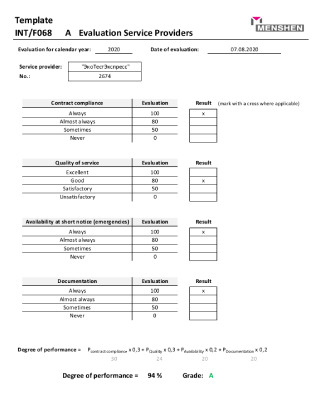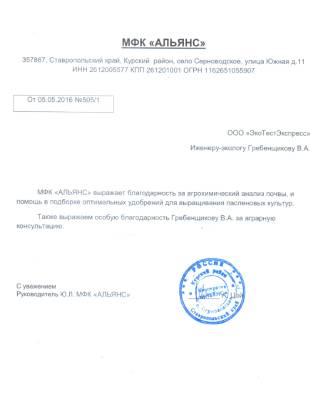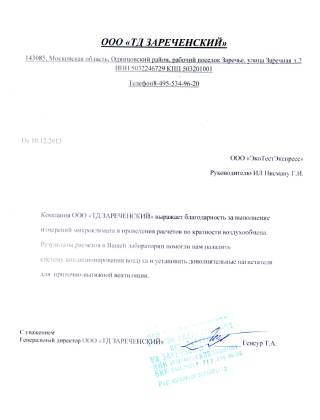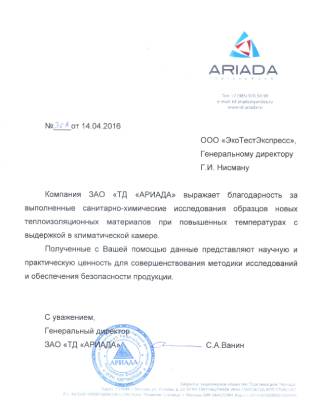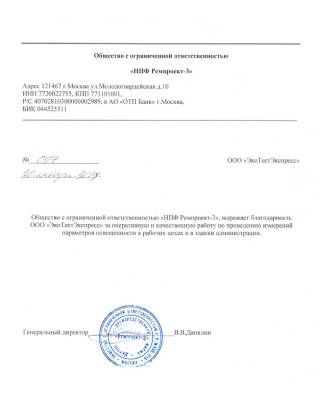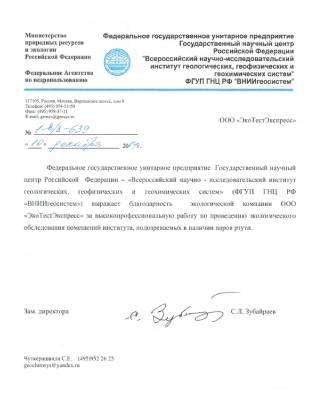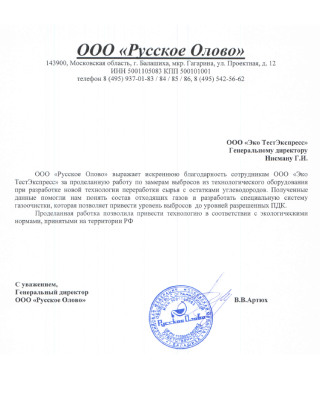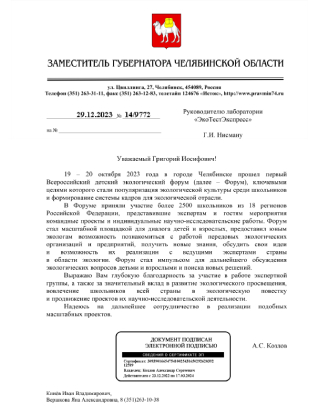- Golden Coast Updates: Tracking economic progress, political developments, and compelling human interest stories within ghana news today.
- Economic Performance and Key Sectors
- Political Landscape and Governance
- Regional Integration and Foreign Policy
- Social Issues and Development Challenges
- Technological Advancement and Digital Transformation
- Cultural Heritage and Tourism
Golden Coast Updates: Tracking economic progress, political developments, and compelling human interest stories within ghana news today.
Ghana, often referred to as the «Golden Coast,» is experiencing a period of dynamic change. From shifts in its economic landscape to evolving political strategies and compelling human interest stories, the nation presents a multifaceted narrative. Staying informed about ghana news requires a comprehensive understanding of these interwoven elements. This article aims to provide an in-depth look at the critical developments shaping Ghana today, covering economic progress, political happenings, and the lives of its people, offering a balanced perspective on this West African nation’s journey.
Economic Performance and Key Sectors
Ghana’s economy has historically been reliant on commodities like cocoa, gold, and oil. However, there’s a growing push for diversification. The agricultural sector continues to be crucial, employing a significant portion of the population, but is vulnerable to climate change and fluctuating global prices. The services sector, particularly telecommunications and finance, is expanding rapidly, fueled by increased mobile penetration and financial inclusion initiatives.
| Agriculture | 20.3% | 3.8% |
| Industry | 35.6% | 7.2% |
| Services | 44.1% | 6.5% |
Furthermore, Ghana’s strategic location and relative political stability – though facing recent challenges – are attracting foreign direct investment. The government is actively promoting public-private partnerships to stimulate infrastructure development, including roads, railways, and energy projects. Sustainable development is increasingly a focal point, with initiatives aimed at balancing economic growth with environmental protection.
Political Landscape and Governance
Ghana has a reputation as one of Africa’s most stable democracies, with a history of peaceful transitions of power. However, recent political discourse has been marked by heightened tensions and concerns about economic hardship. The effectiveness of governance institutions is a key factor in maintaining stability and fostering continued progress. There’s ongoing debate surrounding the role of traditional authorities in the modern political system.
- Strengthening judicial independence
- Promoting media pluralism
- Enhancing transparency and accountability in public office
The upcoming elections will be a crucial test of Ghana’s democratic credentials. Civil society organizations are playing a vital role in voter education and advocacy for good governance. Addressing corruption and improving public service delivery remain critical challenges for the government.
Regional Integration and Foreign Policy
Ghana is a strong advocate for regional integration, playing a leading role in organizations like the Economic Community of West African States (ECOWAS). Its foreign policy prioritizes good neighborly relations, peace and security, and economic cooperation. The nation actively participates in international efforts to address global challenges like climate change and pandemics. Maintaining strong ties with traditional partners, such as the United Kingdom and the United States, alongside forging new relationships with emerging powers, like China and India, forms a central part of its foreign policy strategy.
Social Issues and Development Challenges
Despite economic progress, Ghana faces significant social challenges, including poverty, inequality, and access to quality education and healthcare. Rural communities often lack basic infrastructure and services. Addressing these disparities is essential for inclusive growth. The government is implementing social protection programs to support vulnerable populations, including cash transfer schemes and free healthcare initiatives. Investing in education and skills development is crucial for boosting human capital and creating opportunities for young people. The lack of access to clean water and sanitation remains a critical concern in many parts of the country.
Technological Advancement and Digital Transformation
Ghana is experiencing a rapid digital transformation, driven by increased internet access and mobile phone penetration. Fintech companies are innovating in areas like mobile payment systems and digital lending. The government is promoting digitalization of public services to improve efficiency and transparency. However, bridging the digital divide and ensuring equitable access to technology remains a significant challenge.
- Expanding broadband infrastructure to rural areas
- Promoting digital literacy programs
- Creating a supportive regulatory environment for tech startups
The emergence of a vibrant tech ecosystem is creating new opportunities for entrepreneurship and job creation. Investing in research and development is crucial for fostering innovation and positioning the country as a regional technology hub.
Cultural Heritage and Tourism
Ghana boasts a rich cultural heritage, with diverse ethnic groups and traditions. The country’s historical sites, such as the Cape Coast and Elmina Castles, attract tourists interested in learning about the transatlantic slave trade. The tourism sector is a significant contributor to the economy, providing employment and generating foreign exchange. Promoting sustainable tourism practices is essential for preserving cultural heritage and protecting natural resources. The annual Homowo festival showcases the Ga people’s traditions, with vibrant processions and cultural performances offering a glimpse into the nation’s values. Investing in infrastructure and marketing efforts can further boost the tourism sector.
| Cape Coast Castle | Central Region | 150,000 |
| Kakum National Park | Central Region | 30,000 |
| Mole National Park | Savannah Region | 25,000 |
Ghana’s commitment to democracy and stability, coupled with its cultural richness and growing economic opportunities, makes it an increasingly attractive destination for both tourists and investors. Continued efforts to address its developmental challenges will be vital for fulfilling its potential as a leading nation in West Africa.











